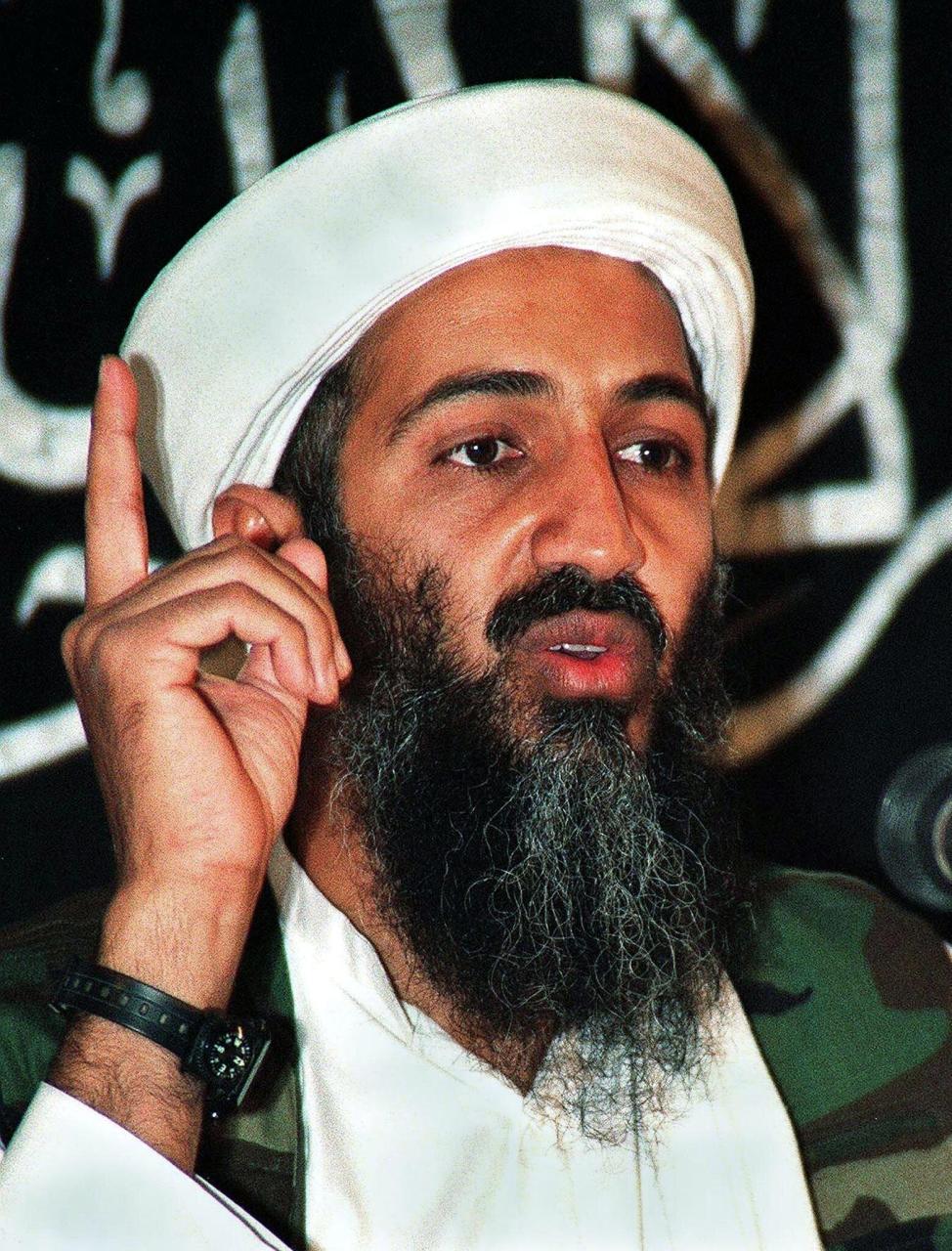The Guardian has taken down a letter written by Osama bin Laden after it inspired social media posts co-signing his critique of the United States.
The outlet replaced a transcript of the jihadist’s 2002 “letter to the American people” with a context note after a surge of related TikToks made it the second-most-viewed page on the site Wednesday.
Advertisement
In place of the 4000-word letter, The Guardian’s link now reads, “This page previously displayed a document containing, in translation, the full text of Osama bin Laden’s ‘letter to the American people’, which was reported in the Observer on Sunday 24 November 2002. The document, which was published here on the same day, was removed on 15 November 2023.”
While it is rare for news outlets to remove reporting and primary documents like letters outright, The Guardian said it made the decision to pull the document after seeing it circulated “without its original context.”
The letter, in part, blames the Sept. 11 attacks on America’s support for Israel and its continued involvement in the Middle East. Experts who spoke to The Washington Post also called it “a kind of core doctrinal text” for both al Qaeda and the Islamic State.
As of Thursday, a search for #lettertoamerica showed TikTok videos with 14.2 million views, according to The New York Times.
Advertisement
“The transcript published on our website 20 years ago has been widely shared today on social media without its original context,” Matt Mittenthal, a spokesperson for The Guardian, told the Times.
“Therefore we have decided to take it down and direct readers to the news article that originally contextualized it instead,” he continued, referring to excerpts of the letter in a piece about the United States’ response.
The Guardian’s reaction to the TikTok trend may have elevated what was actually a small sample of posts.
While a search for “letter to the American people” yielded dozens of videos, most were about The Guardian’s decision to delete the letter.
On Thursday, TikTok addressed bin Laden posts in a tweet, saying that the content “clearly violates our rules on supporting any form of terrorism.”
Advertisement
“We are proactively and aggressively removing this content and investigating how it got onto our platform,” the platform said. “The number of videos on TikTok is small and reports of it trending on our platform are inaccurate. This is not unique to TikTok and has appeared across multiple platforms and the media.”
– via Getty Images
On the same day, the White House denounced any type of support for the letter in a statement from Deputy Press Secretary Andrew Bates.
“There is never a justification for spreading the repugnant, evil, and antisemitic lies that the leader of al Qaeda issued just after committing the worst terrorist attack in American history,” he told HuffPost, adding that “no one should ever insult the 2,977 American families still mourning loved ones by associating themselves with the vile words of Osama bin Laden.”
Charlie Winter, a specialist in jihadist affairs, told The Washington Post that videos expressing sympathy for bin Laden appeared to be cherry-picking from the text, which also calls for genocide and “indiscriminate acts of violence against civilians.”
Advertisement
“It’s not the letter that is going viral. It’s a selective reading of parts of the letter that’s going viral,” he said. “And I don’t know whether it’s because people aren’t actually reading it or, when they’re reading it, they’re reading the bits that they want to see or, you know, the bits that they want to see are sinking in.”
The Guardian’s decision comes amid debates about social media’s role in global affairs, like the ongoing conflict between Israel and Hamas.
During last week’s Republican presidential primary debate, former New Jersey Gov. Chris Christie said TikTok was “polluting the minds of American young people” with “antisemitic, horrible stuff that their algorithms were pushing out at a gargantuan rate.”
The app, which is owned by Chinese company ByteDance, addressed the accusations in a blog post on Monday, where it called evidence of its supposed pro-Palestinian agenda a “mischaracterization” of available user data, like the number of tags or likes a post has.
Related posts:
Views: 0
 RSS Feed
RSS Feed
















 November 17th, 2023
November 17th, 2023  Awake Goy
Awake Goy 

 Posted in
Posted in  Tags:
Tags: 
















